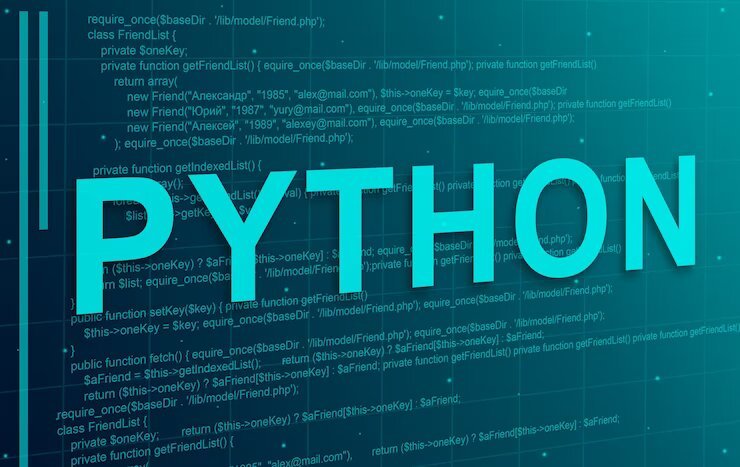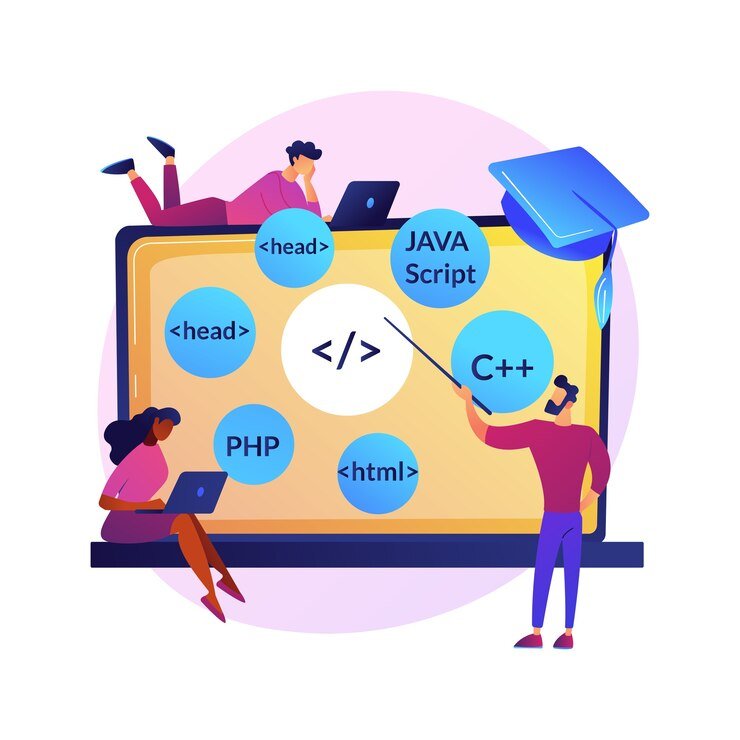A Guide to the Best Programming Languages to Learn
In this digital age, where technology is the cornerstone of innovation, the importance of selecting the right programming language cannot be overstated. Each language brings its own set of strengths, applications, and nuances, catering to a diverse spectrum of needs and preferences within the ever-expanding landscape of software development.
This comprehensive guide aims to unravel the complexities surrounding the best programming languages to learn, shedding light on the most popular, widely used, and versatile options. As we delve into the intricacies of each language, we will explore their unique characteristics, applications, and the industries where they shine. Whether you aspire to build dynamic websites, delve into data science, or craft robust mobile applications, our exploration will guide you through the diverse array of programming languages, empowering you to make informed decisions based on your goals and aspirations.
So, buckle up as we navigate through the coding maze, demystifying the world of programming languages and uncovering the key factors that make each one a powerful tool in the hands of developers. Whether you’re drawn to the simplicity of Python, the ubiquity of JavaScript, or the robustness of Java, this guide is your compass in the intricate journey of selecting the best programming language to learn.
List of the best Programming Languages to Learn:
1. Python:
Widely renowned for its simplicity and readability, Python is often recommended as an ideal programming language for beginners. Its versatility allows developers to work on a broad spectrum of applications, ranging from web development and data science to artificial intelligence. Python’s popularity is attributed to its ease of learning, extensive libraries, and supportive community.

2. JavaScript:
JavaScript is the backbone of web development, empowering JavaScript developers to create interactive and dynamic websites. Its compatibility with all major browsers makes it an essential skill for front-end and full-stack developers. JavaScript’s ecosystem has grown exponentially, with frameworks like React, Angular, and Vue.js, expanding its capabilities beyond the browser.
3. Java:
Known for its platform independence, Java is a versatile, object-oriented programming language widely used in enterprise-level applications, mobile development (Android), and large-scale systems. Java’s robustness, reliability, and portability have secured its position as one of the most used programming languages for over two decades.

4. C++:
C++ is a powerful language often chosen for performance-critical applications, including game development, system programming, and embedded systems. Its combination of low-level and high-level features provides developers with fine-grained control over hardware while maintaining code readability. C++ is the foundation for many other languages and technologies.
5. C#:
Developed by Microsoft, C# (C Sharp) is a versatile language predominantly used for building Windows applications, web applications (via ASP.NET), and game development with Unity. Its syntax is similar to that of Java, making it relatively easy for developers to transition between the two languages. C# is also a popular choice for developing enterprise-level applications.
6. Ruby:
Ruby is celebrated for its elegant syntax and developer-friendly environment, making it an excellent choice for startups and web development. The Ruby on Rails framework further accelerates the development process, emphasizing convention over configuration. Ruby’s focus on simplicity and productivity has garnered a dedicated community of developers.
7. Swift:
Swift is the go-to language for iOS and macOS app development, developed by Apple. Known for its speed, safety, and modern syntax, Swift has become the preferred choice for building responsive and efficient applications in the Apple ecosystem. Its introduction marked the shift from Objective-C to a more approachable and versatile language.
8. PHP:
PHP (Hypertext Preprocessor) is a server-side scripting language primarily used for web development. It powers a vast number of websites and is renowned for its ease of integration with databases like MySQL. Despite criticisms, PHP remains a crucial skill for web developers, especially those working on content management systems like WordPress.

9. TypeScript:
TypeScript is a superset of JavaScript that adds static typing to the language, providing improved tooling and code quality. Developed and maintained by Microsoft, TypeScript is widely adopted in large-scale applications, particularly in projects using Angular. Its static typing helps catch potential errors during development, enhancing code reliability.
10. Go (Golang):
Go, also known as Golang, was developed by Google and is gaining popularity for its simplicity, efficiency, and strong support for concurrency. Go excels in building scalable, high-performance applications, making it a popular choice for cloud-based and distributed systems. Its straightforward syntax and built-in tools for testing and documentation contribute to its rising popularity.
FAQs:
Q1: What programming language should I learn as a beginner?
A1: For beginners, Python is highly recommended due to its simplicity, readability, and versatile applications in various domains, including web development, data science, and artificial intelligence.
Q2: Which programming language is best for web development?
A2: JavaScript is indispensable for web development, serving as the foundation for interactive and dynamic websites. Frameworks like React, Angular, and Vue.js enhance its capabilities.
Q3: What is the easiest programming language to learn?
A3: Python is often considered the easiest programming language to learn due to its clean syntax and beginner-friendly design. It provides a smooth entry point for newcomers to programming.
Q4: Is learning multiple programming languages beneficial?
A4: Yes, learning multiple programming languages can enhance your versatility as a developer. It broadens your skill set and enables you to choose the most suitable language for a particular project.
Q5: How do I choose the right programming language for my project?
A5: Consider the project requirements, your familiarity with the language, and the ecosystem surrounding it. Evaluate factors such as performance, scalability, and community support to make an informed decision.
Conclusion:
The best programming language to learn depends on your goals, interests, and the type of projects you envision working on. Each language has its strengths and use cases, and staying abreast of industry trends can guide your choices. As you embark on your coding journey, remember that the programming landscape is dynamic, and adaptability is key. Whether you’re drawn to the simplicity of Python, the versatility of JavaScript, or the efficiency of Go, the world of programming offers a diverse array of languages to explore and master.

